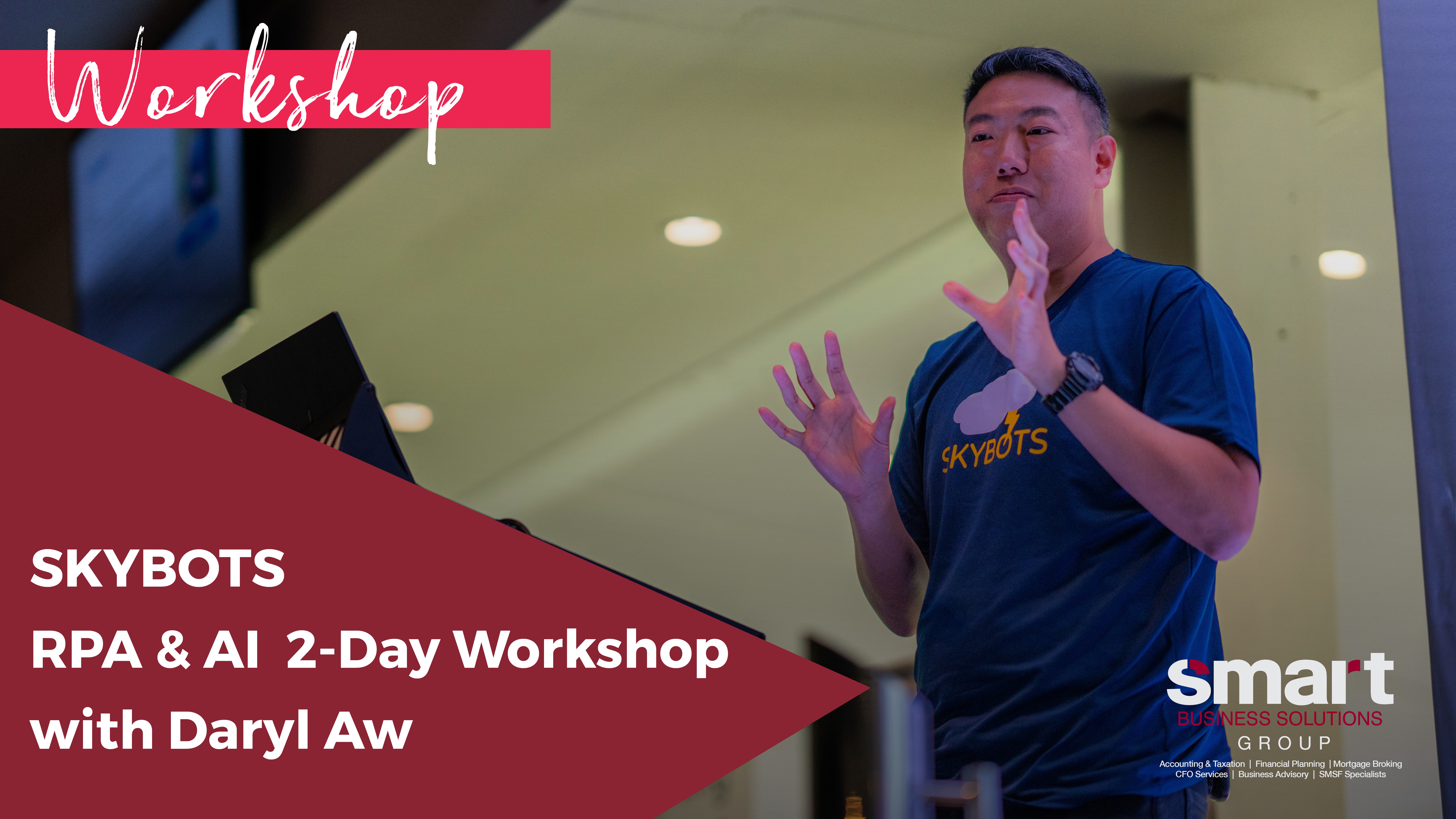Is a mortgage rate-lock worth it?
Better Loan Solutions in Mornington Peninsula • Learning Centre • Insights
Better Loan Solutions in Mornington Peninsula • Learning Centre • Insights
With interest rates at record low levels, homeowners are starting to think a lot more about fixing their home loans.
The RBA has made it known that interest rates are likely to stay low for a while yet; however, there is increasing evidence to suggest that they will need to rise sooner rather than later.
With the pressure on supply for construction, labor shortage and the other post Covid factors, experts expect inflation will be on the
cards for Australia. Whilst interest rates are expected to rise, inflation is expected to increase quicker and higher than any interest
rate rises. For homeowners who want some security around their monthly repayments when other aspects of expenditure are on the rise, a good
idea is to look at a fixed-rate home loan.
As the name suggests, a fixed-rate home loan will allow you to lock in your interest rate for a period of time, which is normally around 2-5
years, after which, the loan will generally revert to a variable rate.
One of the things that can catch homeowners out, is the fact that the actual rate you receive on your fixed-rate home loan doesn’t begin until the loan is settled. That means the rate you see when you apply for a fixed-rate home loan can be very different from what you actually get. In an environment in which interest rates are likely to rise, this is something that you need to be aware of.
Rate Lock
One of the things you can do to protect yourself in the event interest rates look as though they are going to rise is to secure a rate
lock. As the name suggests, a rate lock will ‘lock in’ the interest rate on your fixed-rate home loan at the time of application or,
perhaps, when you pay the rate lock fee.
This means that even if rates move higher between the time you apply and the time the loan is settled, you will
still receive the same agreed-upon interest rate.
Generally, lenders charge either a fixed fee or a percentage of the home loan, which is normally up to 0.2%, to access a rate lock. The
rate lock will last anywhere from 60 to 90 days and varies between different lenders.
As interest rates come into focus and more and more borrowers consider either taking out a fixed-rate loan or at least fixing a portion of
their mortgage, it might be worth considering whether to look at a rate lock.
A rate lock is most effective in a period when rates will potentially rise. It is also most suited to borrowers who will likely need a bit of time to find and secure a property.

After overwhelming demand and sold-out sessions in Perth, Brisbane, Sydney, Melbourne and Mornington in 2025, we’re inviting expressions of interest for 2026. If you missed out earlier or are ready to dive into hands-on automation training, we’re considering additional sessions in various locations across Australia in 2026.

Excellence in Inclusivity and Accessibility recognises businesses for their leadership in creating welcoming, inclusive spaces and ensuring accessibility for all. In this episode, the award-winnings share how inclusion isn’t just the right thing to do - it’s a smart business move.

The Local Community Connection Award recognises businesses with a commitment to strengthening the Mornington Peninsula community through networks, partnerships and social contributions. This episode features the award-winners as they share practical strategies, proven approaches, and inspiring stories that show how community connection isn’t just good for people - it’s sound business practice.